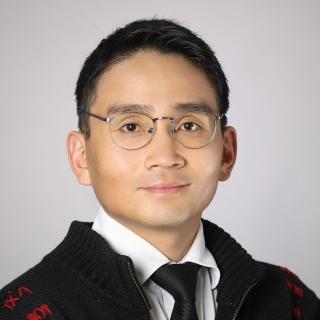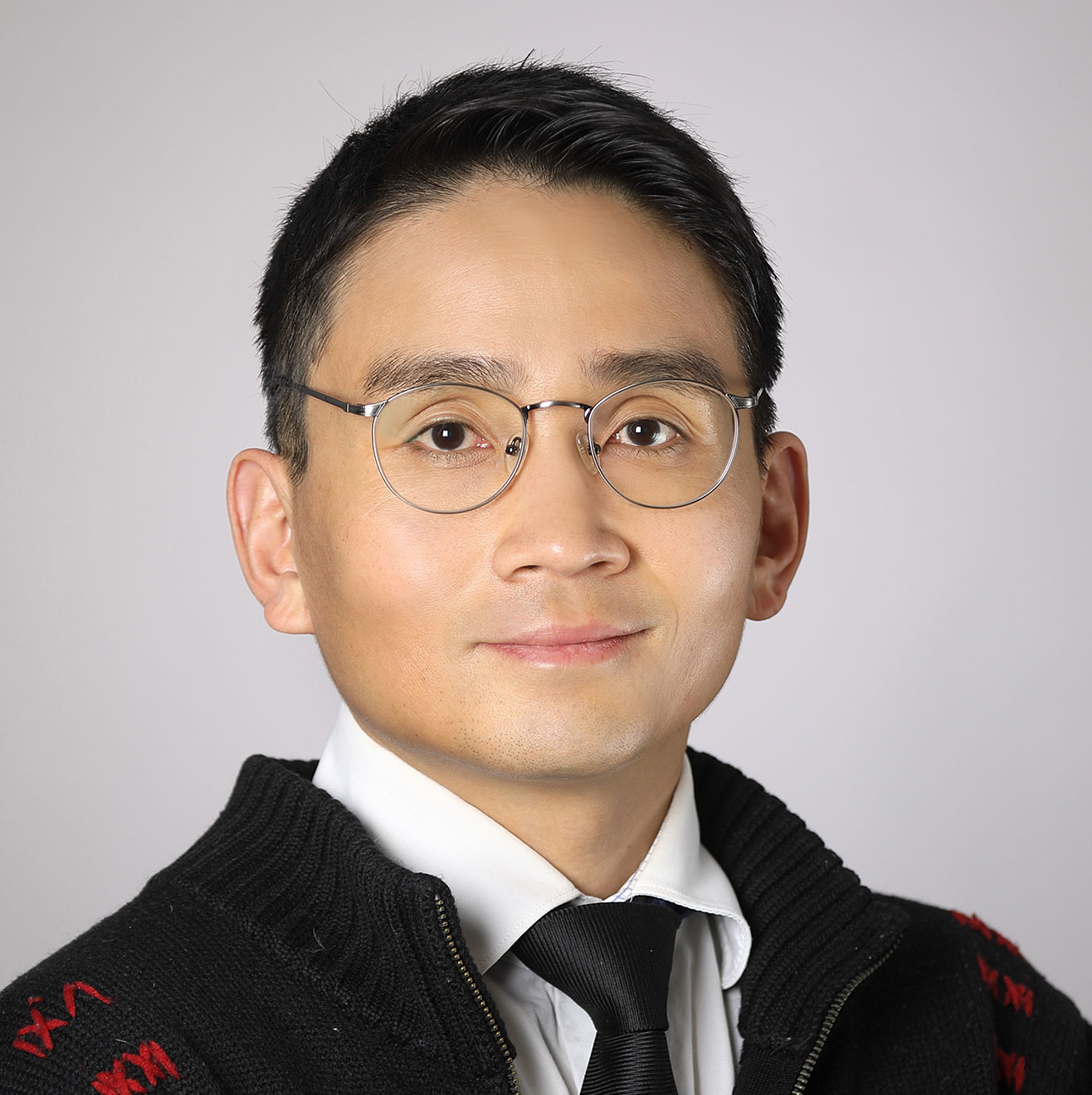
Jinkyu Jung, Ph.D.
- Center for Cancer Research
- National Cancer Institute
- Building 37, Room 1142B
- Bethesda, MD 20814
- 240-760-7051
- 240-541-4466
- jinkyu.jung@nih.gov
RESEARCH SUMMARY
Dr. Jung is developing novel preclinical models and therapeutic strategies that can be immediately applied to clinical trials at the Neuro-Oncology Branch (NOB). His research focuses on developing new anti-cancer drug targets and precision medicine models for patients with brain tumors, using computational analyses and patient-derived samples.
Explore the NOB's Research Programs >
Areas of Expertise

Jinkyu Jung, Ph.D.
Research
Dr. Jung aims to develop novel preclinical models and therapeutic strategies that can be immediately applied to clinical trials in the field of brain cancer. His work at the Neuro-Oncology Branch (NOB) focuses on developing new anti-cancer drug targets and identifying molecular characteristics using computational analyses and patient-derived samples of malignant gliomas. His research goal is to understand the signaling pathways that contribute to chemotherapy resistance, in addition to characterizing brain cancer cells based on molecular phenotypes through next-generation sequencing (NGS) and proteome analysis. His research focuses are:
- Developing tumor characterization techniques and preclinical models in gliomas
- Determining the role of dopamine receptor signaling in the tumor microenvironment and pharmaceutical applications for glioma patients
- Understanding chemoresistance in MYC/MYCN-amplified gliomas
- Sensitizing glioma cells to DNA-damaging agents and developing clinical applications for these agents
Publications
- Bibliography Link
- View Dr. Jung's Google Scholar Profile
Mitochondrial NIX Promotes Tumor Survival in the Hypoxic Niche of Glioblastoma.
Dopamine Receptor D5 is a Modulator of Tumor Response to Dopamine Receptor D2 Antagonism
Nicotinamide metabolism regulates glioblastoma stem cell maintenance
Protein phosphatase 2A inhibition enhances radiation sensitivity and reduces tumor growth in chordoma
Isolation and Propagation of Glioma Stem Cells from Acutely Resected Tumors
Biography

Jinkyu Jung, Ph.D.
Dr. Jung obtained his Ph.D. in biological sciences with a focus on viral oncology in 2009 from the Department of Microbiology at Pusan National University in South Korea. He then served as a postdoctoral fellow in the research agency of the Korean military service and at the Korea Institute of Radiological & Medical Sciences from 2009 to 2011. He continued his academic career in brain cancer studies as a research associate at the University of Virginia’s Department of Neurological Surgery from 2011 to 2015, and as a postdoctoral fellow at the Lerner Research Institute’s Department of Stem Cell Biology and Regenerative Medicine from 2015 to 2016. In May of 2016, he joined Dr. Mark Gilbert's group at the Neuro-Oncology Branch (NOB) as a research fellow. In 2019, Dr. Jung was promoted to staff scientist.